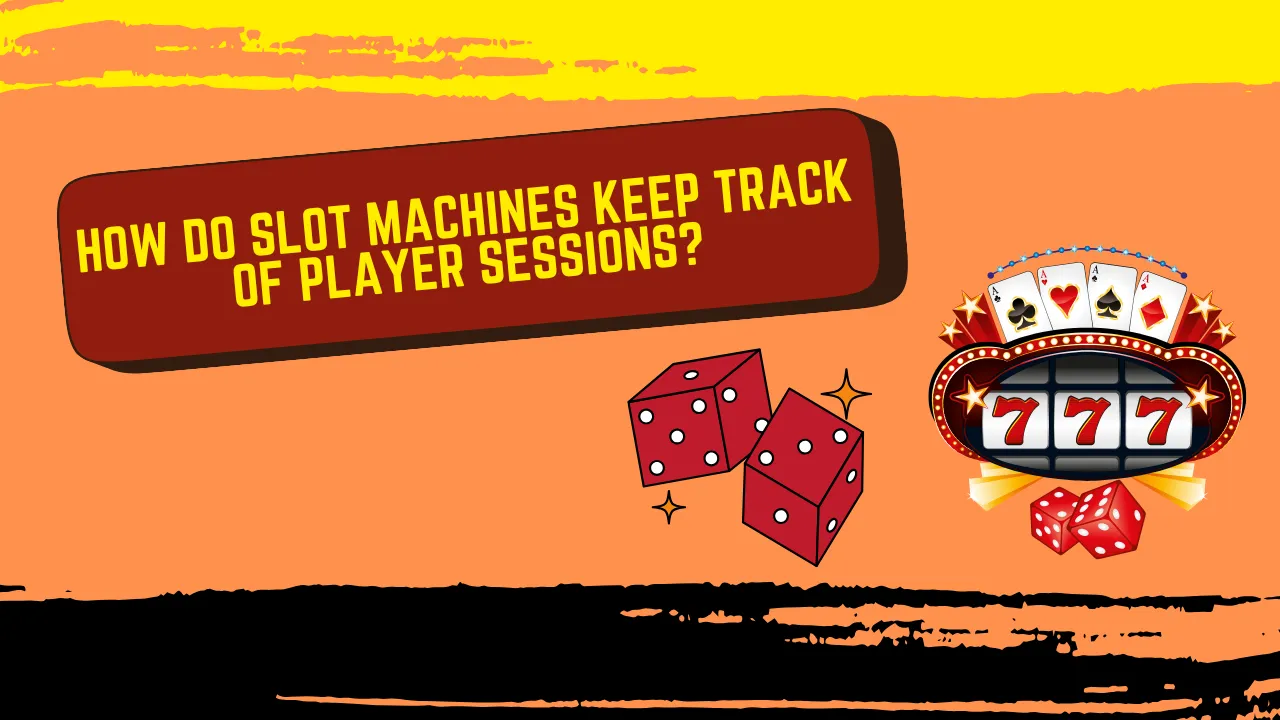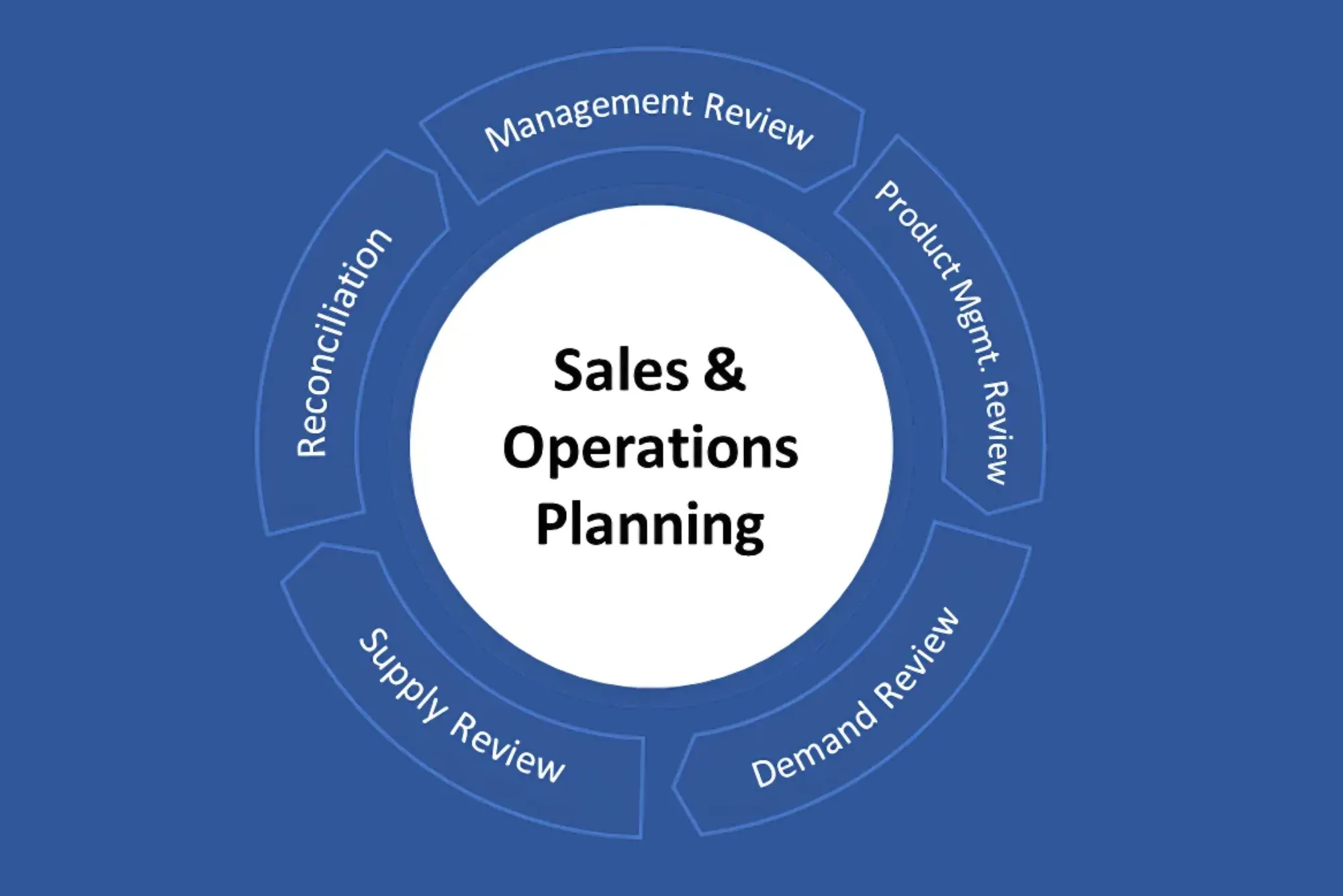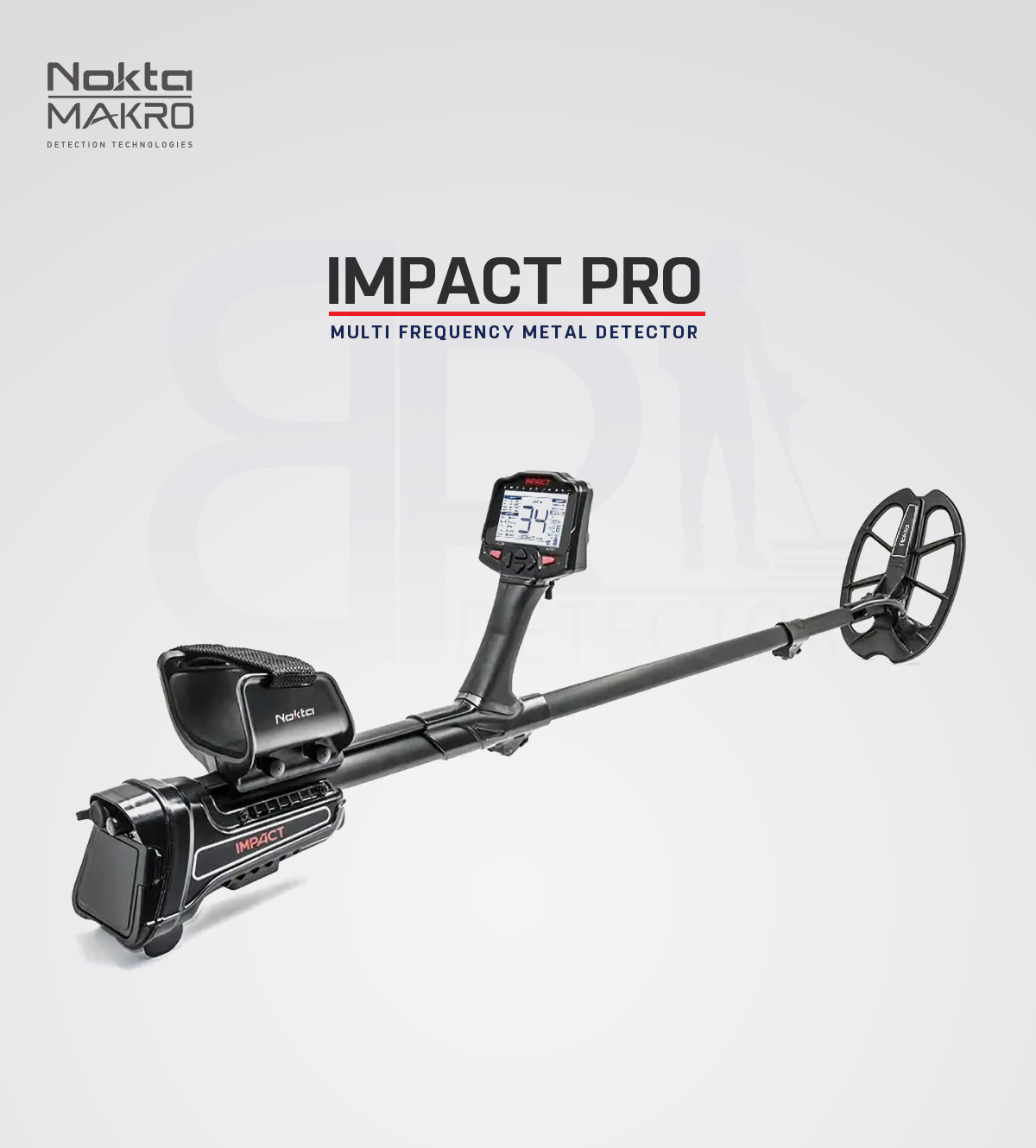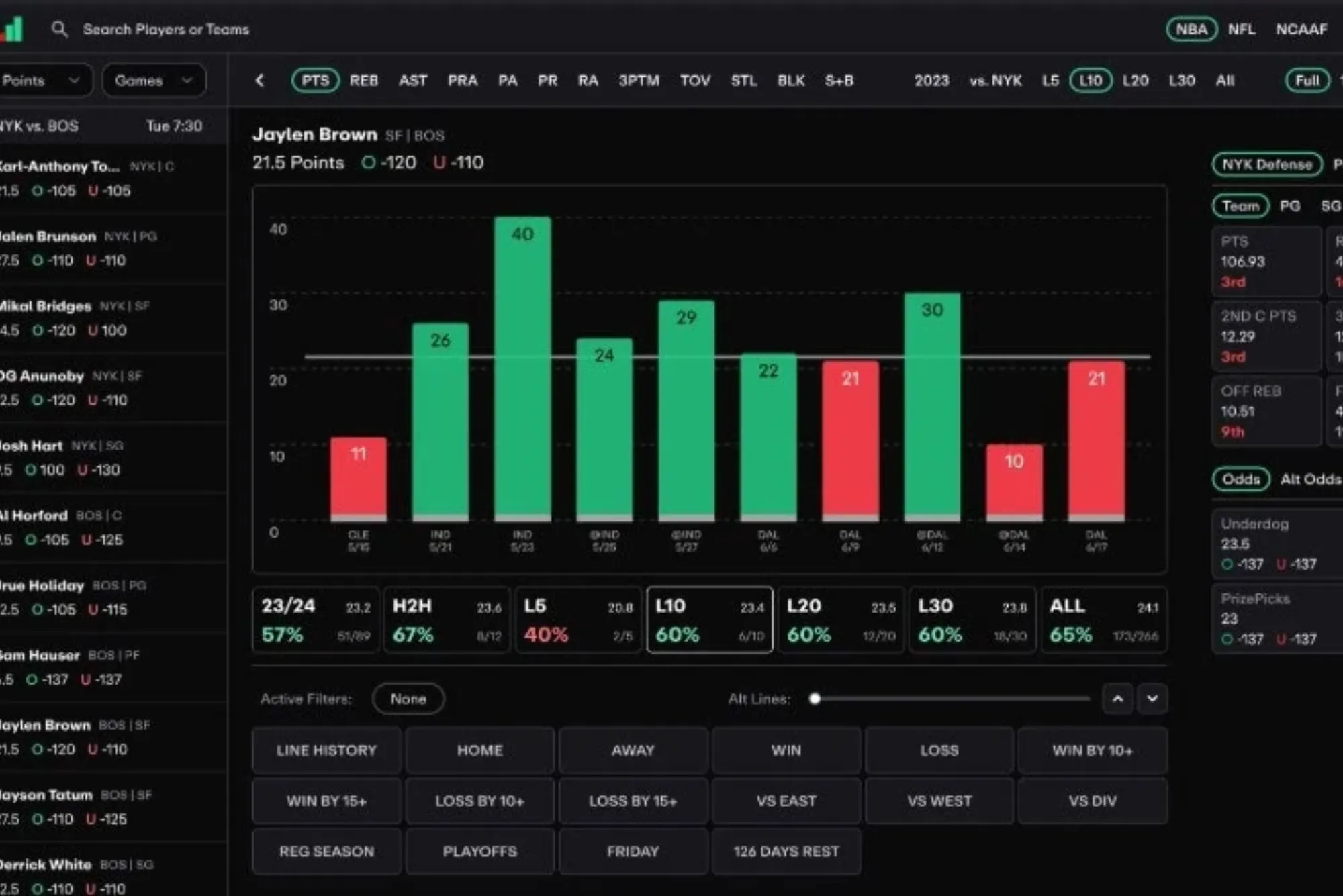When most people walk up to a slot machine, they see flashing lights, colorful graphics, and the chance to win big. What they often don’t realize is that the machine is doing more than just spinning reels. Behind the scenes, slot machines are highly sophisticated devices that track every detail of a player’s session — from the money they put in to how long they play and even their betting patterns.
Understanding how this tracking works not only sheds light on the technology of modern gambling but also reveals why casinos value this data so much. It’s not just about keeping games fair; it’s also about improving the player experience and building loyalty.
The Technology Behind Player Tracking
Slot machines have evolved far beyond their mechanical roots. Today, most are fully digital and networked with casino management systems. As soon as you insert a casino membership card or load credits through cashless payment systems, the machine begins logging your play.
This tracking isn’t limited to slot floors either. The same philosophy applies across the wider gambling world, whether it’s modern casinos or digital platforms like poker sites uk where player behavior and session length are carefully recorded. The difference is that online sites already have an account-based structure, while physical slot machines use embedded systems to capture comparable data. Both approaches ultimately allow operators to monitor play, reward loyalty, and ensure compliance.
What Slot Machines Track During Play
Once a session begins, slot machines log a wide range of details. They monitor the amount of money loaded into the game, the size of each wager, and the total time spent playing. For every spin, the results are recorded and added to the session log.
This information is valuable for both operational and marketing purposes. Casinos use it to calculate reward points in loyalty programs, identify high-value players, and even detect unusual patterns that might signal problem gambling or fraudulent activity. The technology also ensures accountability, creating a digital paper trail that regulators can review when needed.
Player Cards and Loyalty Integration
The use of player loyalty cards has become one of the most common ways casinos track sessions. These cards are tied to individual player accounts, which means every session is linked to a unique identifier. When inserted into a slot machine, the card allows the system to match playing activity with the customer’s profile.
From a player’s perspective, this often feels like a win-win. By using their card, they earn loyalty points, free spins, or complimentary rewards. From the casino’s perspective, it’s an invaluable source of insight into player behavior. Over time, this data helps casinos design better promotions and tailor offers to individual preferences.
Regulatory Compliance and Security
Tracking sessions isn’t just about marketing — it’s also about regulation. Casinos are legally required to maintain accurate records of gambling activity to comply with anti-money laundering (AML) laws and responsible gaming initiatives.
By logging all session details, casinos can prove that games are fair and transparent. Regulators can audit data to ensure payouts are consistent with published return-to-player (RTP) rates, and that there are no manipulations or hidden mechanics behind the reels. For players, this adds a layer of security, knowing that strict monitoring protects the integrity of the games.
Online vs. Land-Based Tracking
Online casinos have a natural advantage when it comes to tracking. Every interaction — deposits, bets, wins, and withdrawals — is automatically tied to a user account. This makes data collection seamless and allows operators to integrate responsible gambling tools like session reminders and deposit limits.
Land-based casinos rely on slot machines and loyalty systems to achieve the same outcomes, though the process is more hardware-driven. Still, the gap between the two environments is narrowing as cashless systems and digital wallets become more common on physical casino floors. Soon, the line between online tracking and land-based tracking may be virtually indistinguishable.
The Role of Analytics and Artificial Intelligence
Collecting data is only the first step. Modern casinos are increasingly using analytics and artificial intelligence (AI) to interpret session data. By analyzing patterns, they can predict player preferences, detect risky behavior, and identify opportunities for personalized engagement.
For example, if a player frequently bets at a certain level or favors a particular type of slot machine, the system can trigger a targeted promotion. This might include offering free play on their favorite machine or sending them a loyalty bonus to encourage continued play. Such personalization helps casinos retain customers in a competitive industry.
Responsible Gambling Features
One of the most important outcomes of session tracking is the ability to support responsible gambling initiatives. By monitoring time and money spent, casinos can intervene when players show signs of distress or risky behavior.
Features such as voluntary self-exclusion, real-time balance reminders, and cooling-off periods are often tied directly to tracking systems. These safeguards are essential not just for compliance but also for maintaining a positive public perception of the gambling industry.
Why This Matters for Players
For players, the knowledge that their sessions are tracked can be both reassuring and useful. It ensures transparency, enables loyalty rewards, and provides access to tools that support healthy gambling habits. Of course, some may feel wary about the level of surveillance, but ultimately, these systems exist to protect both the casino and the customer.
As someone who has researched this industry extensively, I’ve seen how the data benefits extend beyond just the casino floor. Players who engage with loyalty programs often get more value back from their play, while casinos use the data to create safer, more enjoyable environments.
Conclusion
Slot machines may look simple from the outside, but they’re some of the most advanced pieces of technology in the gambling world. Tracking player sessions is central to how casinos operate, blending marketing, regulation, and responsible gaming into one system. Whether in a land-based venue or on online platforms, this tracking ensures that gambling remains transparent, rewarding, and — most importantly — safe.
As cashless technology, digital wallets, and AI-driven analytics become more widespread, the accuracy and usefulness of player session tracking will only grow. For casinos, it means more data to optimize their operations; for players, it means a smoother, more personalized, and secure experience.











